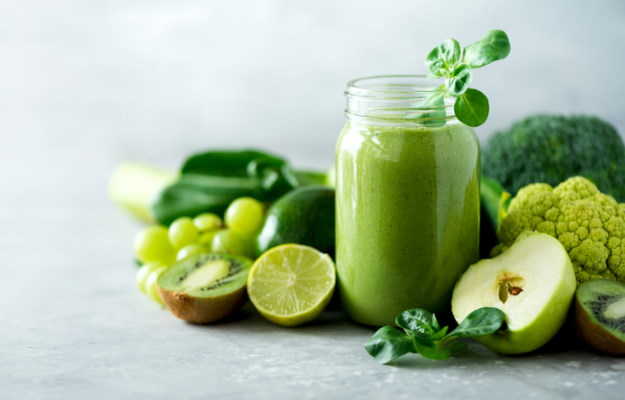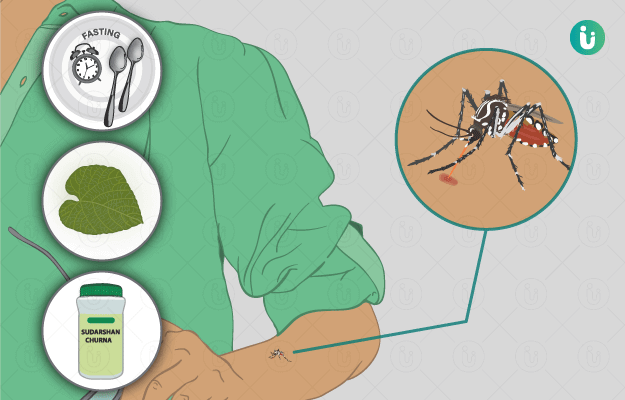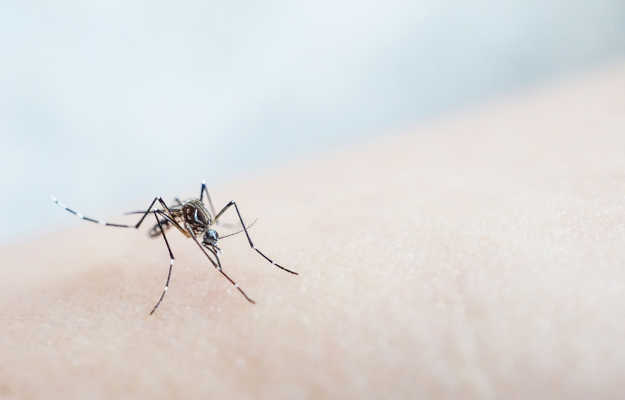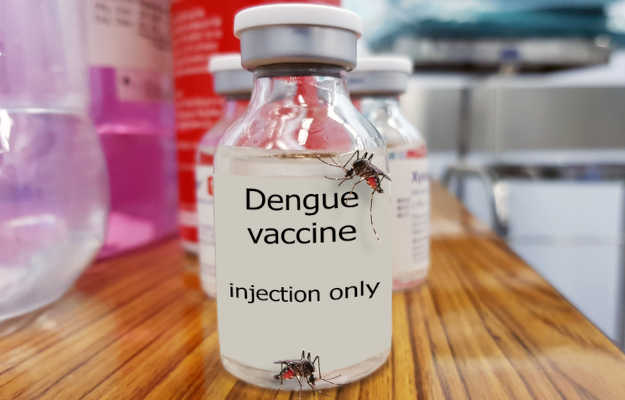Some of the symptoms of dengue can be easily managed by the correct dietary intervention. Here's a quick what-to-eat guide to manage dengue better:
Energy-dense foods for high fever during dengue
High fever is the main symptom of this disease. Because of fever, the patient may also experience low energy levels and loss of taste. In this condition, the diet should be easy to digest and energy-dense foods should be added to it. Some examples of this are mixed vegetable khichdi or daliya (porridge), tapioca pearl (sabudana), rice, and suji kheer. To enhance the taste and flavour of food you can add fresh herbs like tulsi (basil), coriander, garlic, ginger and lemon.
Protein to minimize muscle pain and muscle loss in dengue
Due to high fever, weight and muscle loss can be visibly evident during dengue. To maintain a healthy weight and muscle mass, try to add easy to digest protein options in every meal that you have, such as lentil soup, chickpea salad, daal, sambhar, and scrambled eggs.
(Read more: Protein-rich foods)
Drink enough fluids to avoid dehydration during dengue
Due to fever, dehydration is very common during dengue fever. Try to fulfil your fluid requirements with coconut water, fruit juices, buttermilk as they are easy to digest and loaded with electrolytes and vital nutrients. Otherwise, try to drink 10-12 glasses of water every day.
Foods to reduce nausea and vomiting in dengue
Eating right is essential to prevent nausea and vomiting during this disease. Try to take small, light and frequent meals. Ginger or peppermint tea may help resolve symptoms. Eat simple foods such as rice, scrambled eggs, toasted bread, bananas, mashed potatoes, and custard. Allow plenty of fresh air in the house and try to disperse cooking odours. Avoid taking cream soups, fatty/fried foods, and sweet desserts. Also, avoid lying down immediately after eating as this can act as a trigger for nausea and vomiting.
(Read more: Ayurvedic Treatment of Dengue)








































